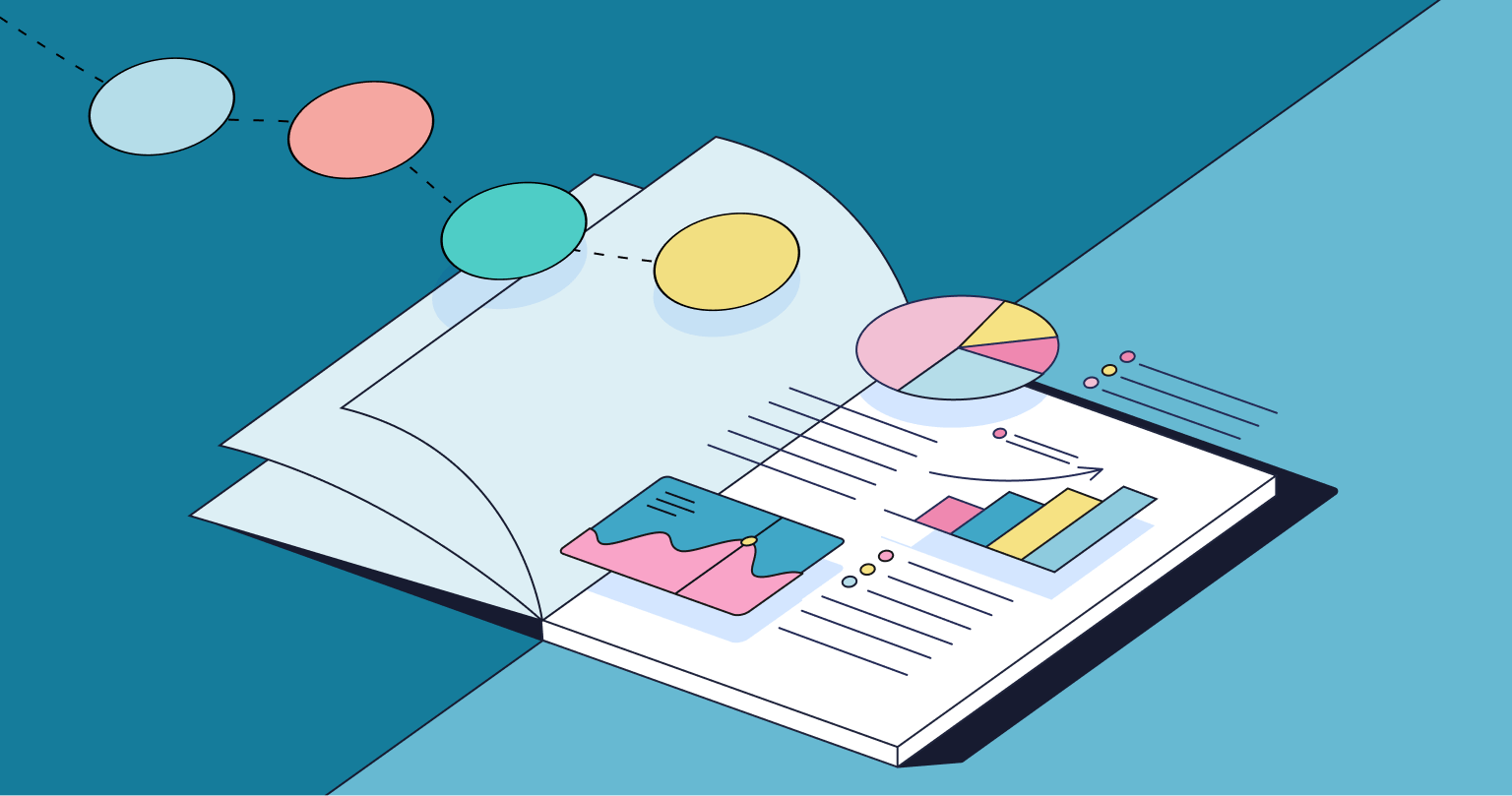Bankruptcy is a term that carries a heavy weight in the financial world. It’s often seen as a last resort for individuals and businesses who find themselves drowning in debt with no foreseeable way out. While filing for bankruptcy can provide relief from overwhelming financial burdens, it also comes with significant consequences, particularly concerning one’s credit.
In this comprehensive guide, we’ll delve into the intricate relationship between bankruptcy and credit, exploring the various types of bankruptcy, the process of filing, and most importantly, the impacts it has on credit scores and financial futures.
Understanding Bankruptcy
Bankruptcy is a legal process designed to help individuals and businesses eliminate or repay their debts under the protection of the federal bankruptcy court. The primary objectives of bankruptcy are to provide relief to debtors and establish an equitable distribution of assets among creditors.
There are several types of bankruptcy, each serving different purposes and catering to different financial situations:
- Chapter 7 Bankruptcy: Also known as “liquidation” bankruptcy, Chapter 7 involves the sale of a debtor’s nonexempt property, with the proceeds used to repay creditors. Many types of debts can be discharged through Chapter 7, providing a fresh start for the debtor.
- Chapter 13 Bankruptcy: Commonly referred to as “reorganization” bankruptcy, Chapter 13 involves creating a repayment plan that allows debtors to pay off their debts over three to five years. This type of bankruptcy is often chosen by individuals with a regular income who want to keep their assets while repaying creditors.
- Chapter 11 Bankruptcy: Primarily used by businesses, Chapter 11 allows for reorganization while the business continues its operations. It gives the debtor an opportunity to restructure its debts and operations, aiming to emerge from bankruptcy as a viable entity.
- Chapter 12 Bankruptcy: Specifically designed for family farmers and fishermen, Chapter 12 provides a restructuring plan tailored to the unique financial challenges faced by those in these industries.
The Process of Filing for Bankruptcy
Filing for bankruptcy is a complex legal process that typically requires the guidance of an experienced bankruptcy attorney. The steps involved in filing for bankruptcy may vary depending on the type of bankruptcy being pursued, but generally include the following:
- Pre-bankruptcy Credit Counseling: Before filing for bankruptcy, individuals are required to undergo credit counseling from an approved agency. This counseling aims to evaluate the debtor’s financial situation and explore alternative options to bankruptcy.
- Filing the Petition: The bankruptcy process begins with the debtor filing a petition with the bankruptcy court. The petition includes detailed information about the debtor’s financial affairs, including assets, liabilities, income, and expenses.
- Automatic Stay: Upon filing for bankruptcy, an automatic stay goes into effect, halting most collection actions by creditors. This means that creditors are prohibited from pursuing debt collection activities, including lawsuits, wage garnishments, and harassing phone calls.
- Meeting of Creditors: Shortly after filing, debtors are required to attend a meeting of creditors, also known as a 341 meeting. During this meeting, the debtor is questioned under oath by the bankruptcy trustee and creditors about the information provided in the bankruptcy petition.
- Discharge of Debts: If the bankruptcy court approves the debtor’s petition, eligible debts are discharged, meaning the debtor is no longer legally obligated to repay them. However, certain debts, such as child support, alimony, and most tax debts, are typically not dischargeable.
The Impact of Bankruptcy on Credit
Perhaps the most significant concern for individuals considering bankruptcy is its impact on their credit scores and overall financial health. While bankruptcy can provide a fresh start for those burdened by overwhelming debt, it can also have long-lasting repercussions on one’s creditworthiness.
Here are some key ways in which bankruptcy can affect an individual’s credit:
- Credit Score Decline: Filing for bankruptcy can cause a significant drop in credit scores. The extent of the decline depends on various factors, including the individual’s credit history prior to bankruptcy, the type of bankruptcy filed, and the amount of debt discharged.
- Length of Time on Credit Report: A bankruptcy filing can remain on a credit report for up to ten years, depending on the type of bankruptcy. During this time, it can serve as a red flag to potential lenders and negatively impact the individual’s ability to obtain credit or loans.
- Difficulty Obtaining Credit: In the aftermath of bankruptcy, individuals may find it challenging to qualify for new credit or loans. Lenders may view them as high-risk borrowers and may require higher interest rates or collateral to mitigate the perceived risk.
- Limited Access to Financial Products: Even after the bankruptcy process is complete, individuals may still encounter difficulties accessing certain financial products, such as credit cards or mortgages. Those that are approved may be subject to less favorable terms and conditions compared to individuals with higher credit scores.
- Rebuilding Credit: Despite the challenges, it is possible to rebuild credit after bankruptcy. This typically involves responsible financial behaviors, such as making timely payments, keeping credit card balances low, and diversifying credit accounts.
Conclusion
Bankruptcy is a complex and often emotionally fraught process that can have far-reaching consequences for individuals and businesses. While it offers relief from overwhelming debt and a chance for a fresh start, it also comes with significant impacts on credit scores and financial futures.
Before filing for bankruptcy, it’s essential to carefully consider all available options and seek guidance from qualified professionals, such as bankruptcy attorneys and financial advisors. Understanding the potential impacts of bankruptcy on credit and taking proactive steps to rebuild credit can help individuals navigate the process and work towards a brighter financial future.



